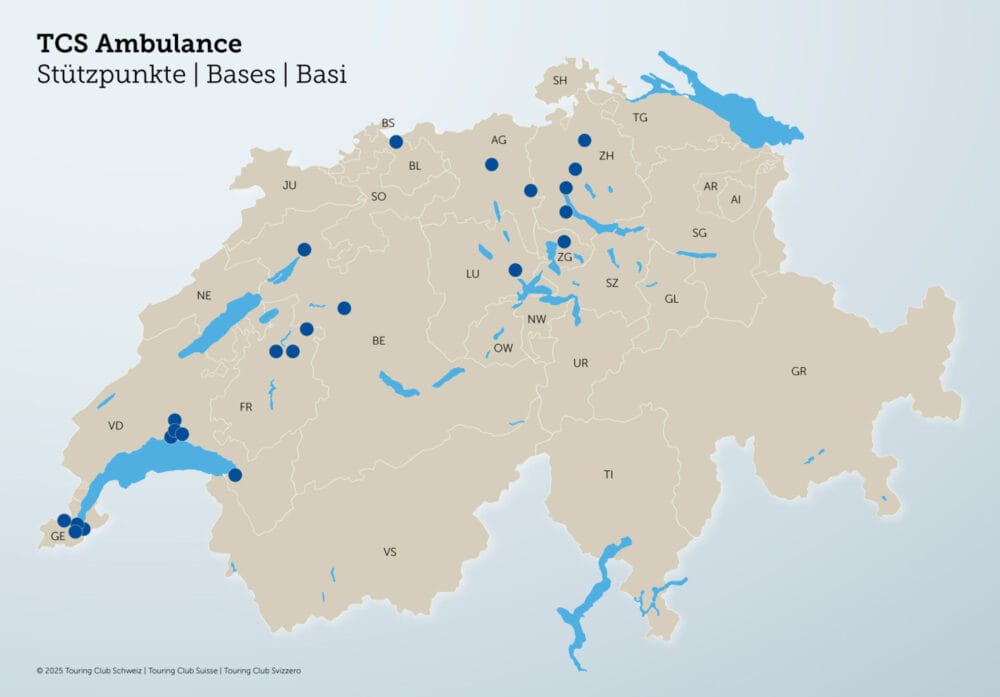Measures against discrimination
According to a communication from the federal government, quantitative surveys are still too inadequate for collecting data based on sexual identity discrimination. Nevertheless, data bases are to continue to be improved.

Collecting data on discrimination based on sexual orientation or gender identity is very complex, the federal government said in a Communication Writes. Lesbian, gay, bisexual, transgender and intersex (LGBT) workers also continue to face harassment and bullying at work, according to the European Agency for Safety and Health at Work (EU-OSHA) (SAFETY-PLUS reported). Frequent consequences of poor work organizations of LGBT persons are, for example, a generally poor state of health as well as anxiety, stress and fatigue.
In the communication, the Federal Council writes that due to this data situation on discrimination against LGBT persons, they do not yet see any possibilities to improve the investigation with quantitative methods. According to the Federal Council, this would require more findings, which could be elicited by means of qualitative research.
Nevertheless, it is important to improve the data situation with various measures within the framework of the Sustainable Development Strategy (SDS) 2030. Furthermore, victims perceive discrimination differently. Furthermore, a representative collection of data is still difficult to fathom due to the small non-homogeneous population group.
Measures in the "Sustainable Development" strategy
In the strategy project "Sustainable Development" (SNE) 2030, the Federal Council has nevertheless defined some measures. Among other things, the Federal Department of Home Affairs (FDHA) was tasked with clarifying the institutional responsibilities of the federal government and the cantons as well as coordinating the protection against discrimination.
The DHA is also to find out whether and in which areas of health care LGBT persons would be discriminated against and to draw up a corresponding report on the health situation of LGBT persons. In addition, the data collection of criminally relevant discrimination such as hate crimes is to be improved.
Source: EDI









